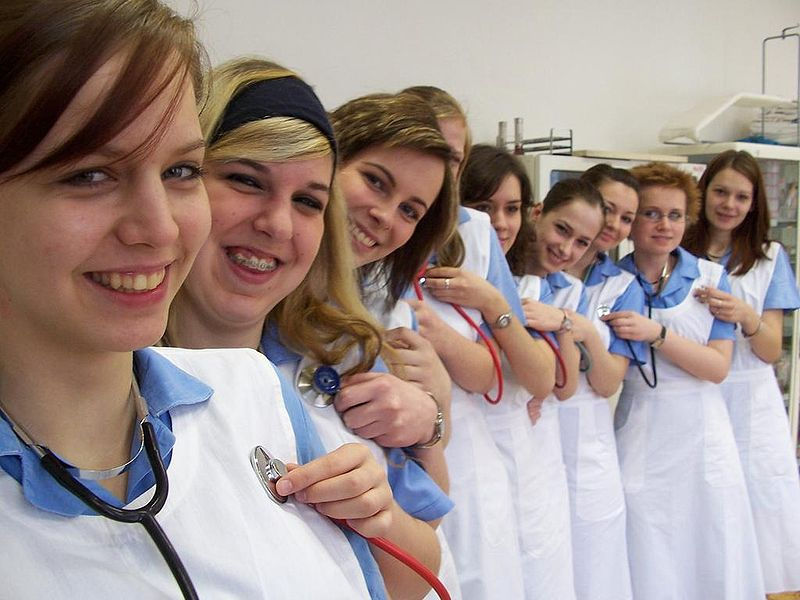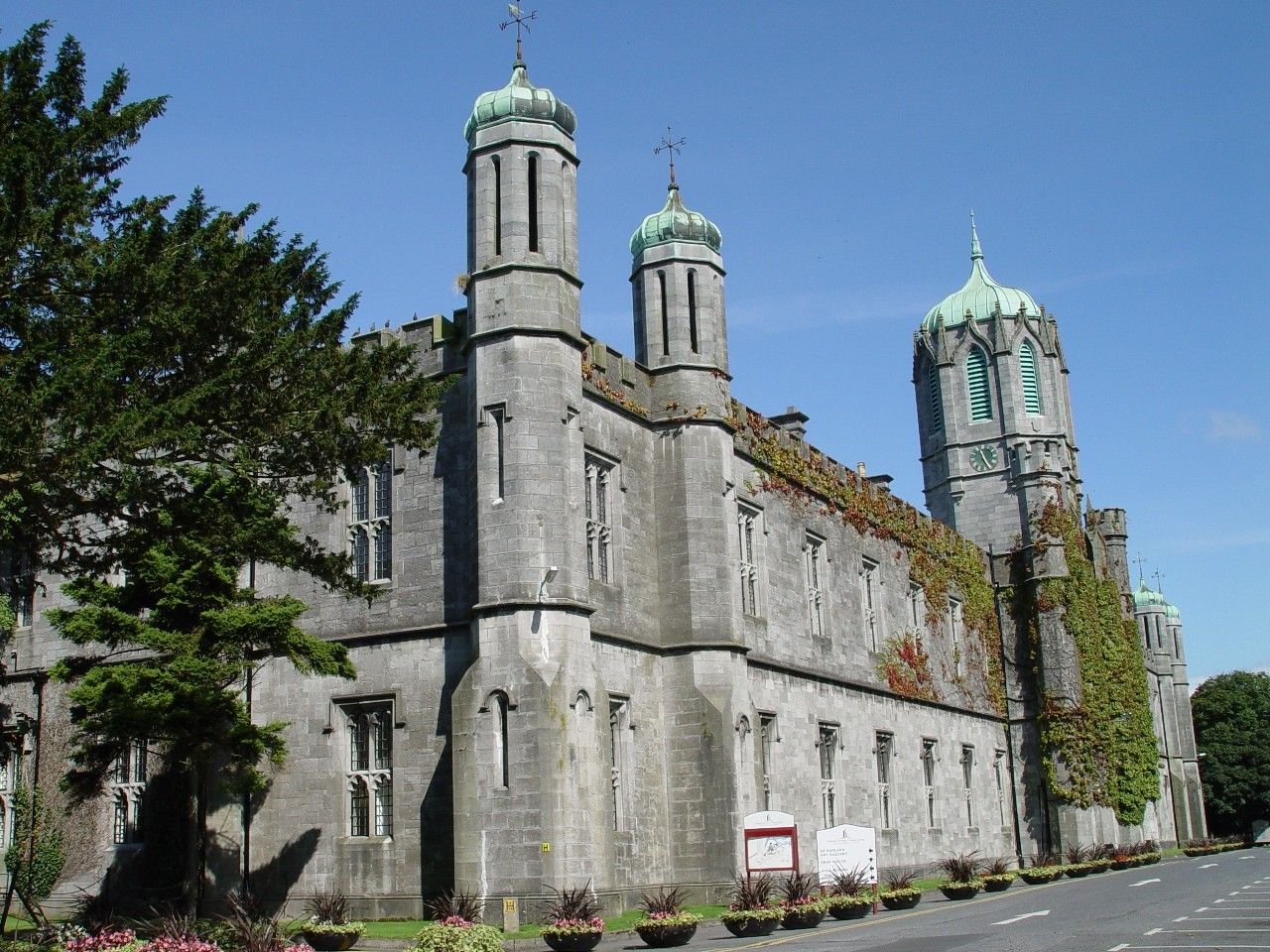
[dropcap]DCU[/dropcap] President Brian MacCraith has called for universities to operate in a more entrepreneurial manner, in an effort to make the funding of third level education a more sustainable model.
MacCraith proposed that a new approach to funding universities, comparable to that of a semi-state sponsored body, would mean that the state would not be burdened with the financial costs of each student and that those with the financial means to fund their own tuition would be asked to do so.
Currently Irish universities are funded primarily through the state, but over the past decade, universities have faced drastic cuts with core funding per student halving from €8,720 per student in 2008 to €4,397 in 2017.
Very little capital is being invested into new equipment, facilities and the refurbishment of buildings, causing Irish universities to fall down the rankings in the Top 100 Global Universities list.
MacCraith’s statement comes at a pinnacle moment with regards to higher education in Ireland. He is challenging and offering alternate solutions to the current structure that universities operate under in terms of funding.
Whether or not his proposal has the grounds to succeed is unknown, as thus far it has not gained much momentum. The proposal would counter the previous demands from the Union of Students in Ireland to increase investment in publicly-funded higher education to prevent the need for student loans.
In 2016, a Report on the Expert Group on Future Funding for Higher Education, also known as the Cassells Report, found that to cater for “increased student numbers, capital upgrades, health and safety issues, equipment renewal and ongoing maintenance”, €5.5 billion in government expenditure would be required towards the higher education sector by 2030.
Cassells’ analysis showed a gap in excess of €550 million in core funding to 2021. Director General of the Irish Universities Association Jim Miley said that “failure to bridge the gap leaves Ireland trailing behind competing nations.”
The impact of government inaction since the Cassells Report runs parallel with the decline of Irish universities in world rankings.
When speaking to The Irish Independent, MacCraith referred to the Cassels Report being implemented, saying that “he didn’t believe it was going to happen”.
Ireland’s seven universities agreed to a Charter with an ambition to be the ‘best in Europe’, one that they hope to achieve by 2026, yet little action has been taken to achieve this goal in terms of increasing core funding per student.
By: Áine O’Boyle
Image Credit: President’s Office



